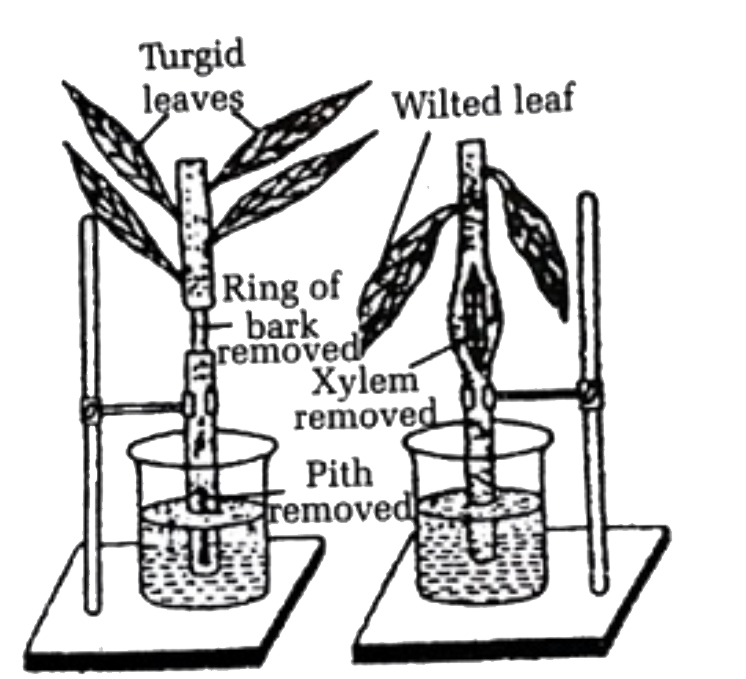Whenever a spontaneous process takes place, it is accompanied by an increase in the total ...... of the ......
To solve the question "Whenever a spontaneous process takes place, it is accompanied by an increase in the total ...... of the ......", we need to understand the concepts of spontaneous processes and entropy in thermodynamics.
1. Understanding Spontaneous Processes:
- A spontaneous process is a reaction that occurs naturally under a given set of conditions without the need for external energy. It continues until the conditions change.
2. Gibbs Free Energy:
- For a process to be spontaneous, the change in Gibbs free energy (ΔG) must be negative. This is a key criterion for spontaneity.
3. Relationship Between ΔG, Enthalpy, and Entropy:
- The Gibbs free energy change is related to enthalpy (ΔH) and entropy (ΔS) by the equation:
ΔG=ΔH−TΔS
- Here, T is the absolute temperature.
4. Second Law of Thermodynamics:
- The second law states that the total entropy of an isolated system can never decrease over time. In any spontaneous process, the total entropy of the universe (system + surroundings) must increase.
5. Entropy:
- Entropy (S) is a measure of the disorder or randomness in a system. An increase in entropy indicates a greater degree of disorder.
6. Filling in the Blanks:
- Based on the above understanding, we can conclude that whenever a spontaneous process occurs, it is accompanied by an increase in the total entropy of the system.
Final Answer:
Whenever a spontaneous process takes place, it is accompanied by an increase in the total entropy of the system.
- A spontaneous process is a reaction that occurs naturally under a given set of conditions without the need for external energy. It continues until the conditions change.
- For a process to be spontaneous, the change in Gibbs free energy (ΔG) must be negative. This is a key criterion for spontaneity.
- The Gibbs free energy change is related to enthalpy (ΔH) and entropy (ΔS) by the equation:
ΔG=ΔH−TΔS
- Here, T is the absolute temperature.
- The second law states that the total entropy of an isolated system can never decrease over time. In any spontaneous process, the total entropy of the universe (system + surroundings) must increase.
- Entropy (S) is a measure of the disorder or randomness in a system. An increase in entropy indicates a greater degree of disorder.
- Based on the above understanding, we can conclude that whenever a spontaneous process occurs, it is accompanied by an increase in the total entropy of the system.
Whenever a spontaneous process takes place, it is accompanied by an increase in the total entropy of the system.
Topper's Solved these Questions
- BOOK - ICSECHAPTER - CHEMICAL THERMODYNAMICS EXERCISE - ASSERTION -REASON TYPE QUESTIONS9videos
CHEMICAL THERMODYNAMICS
- BOOK - ICSECHAPTER - CHEMICAL THERMODYNAMICS EXERCISE - NUMBERICAL PROBLEMS18videos
CHEMICAL THERMODYNAMICS
- BOOK - ICSECHAPTER - CHEMICAL THERMODYNAMICS EXERCISE - TRUE OR FALSE. TYPE QUESTIONS24videos
CHEMICAL THERMODYNAMICS
- BOOK - ICSECHAPTER - CHEMICAL BONDING AND MOLECULAR STRUCTUREEXERCISE - NCERT TEXT-BOOK EXERCISES ( WITH HINTS AND SOLUTIONS)47videos
CHEMICAL BONDING AND MOLECULAR STRUCTURE
- BOOK - ICSECHAPTER - CLASSIFICATION OF ELEMENTS AND PERIODICITY IN PROPERTIESEXERCISE - NCERT TEXT-BOOK. EXERCISE (With Hints and Solutions)63videos
CLASSIFICATION OF ELEMENTS AND PERIODICITY IN PROPERTIES
Similar Questions
For a spontaneous process :-
View SolutionFor a spontaneous process the correct statement is -
View SolutionA chemical reaction will be spontaneous if it is accompanied by a decrease in
View SolutionA spontaneous process is a process which is instaneous.
View SolutionIn a spontaneous process the system undergoes
View SolutionA spontanous change is always accompanied by an increase in entropy'. The entropy change referred to in this statement is
View SolutionThe process of evaporation of a liquid is accompanied by
View SolutionWhen happens to entropy of a spontaneous process?
View SolutionIdentify the process taking place in this experiment.
 View Solution
View SolutionA spontaneous process is also called a ...... process.
View Solution

